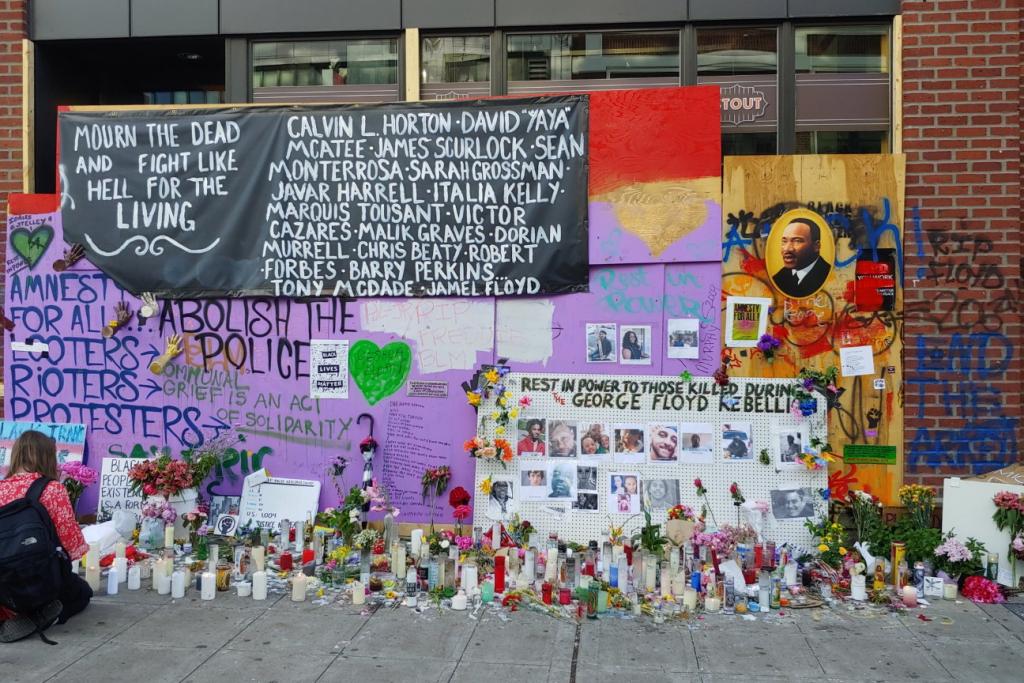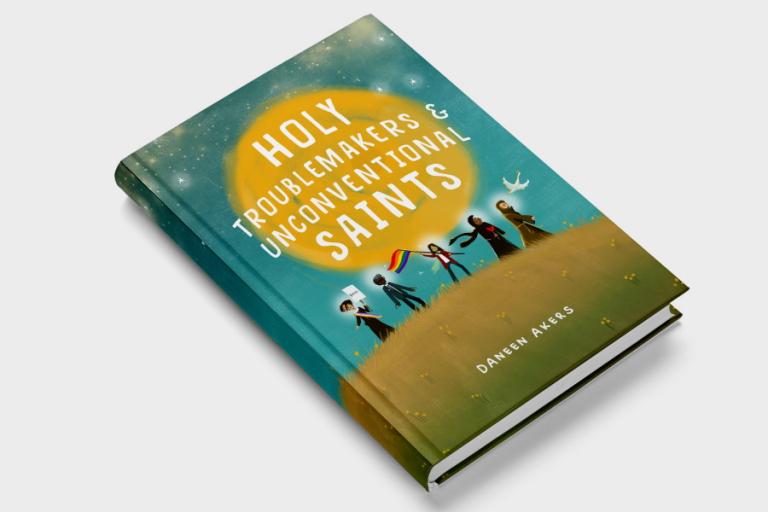From time to time, folks ask me about my views on the Eucharist (or communion), particularly the question of who should be allowed to participate. And there’s also been a bit of buzz recently about the Catholic Church’s refusal to allow gluten-free wafers. So I thought I’d share some thoughts on the sacrament in general.

In my earlier years, I held to an extraordinarily low-church view of all sacraments, including Eucharist. That is, I saw them as merely symbols, reminders, or public declarations. In fact, I would have balked at even using the words Eucharist or sacrament. All such things just sounded to scarily Catholic to me.
However, the longer I’ve walked with Christ, and the more I’ve come to appreciate the universal church, the less I’ve been able to maintain such a low view. This is not something I can necessarily explain, nor certainly do I intend to defend it, but I can simply no longer believe that the sacraments are only symbolic—that nothing else of greater significance is going on behind the scenes.
That said, I also can’t quite accept the way that many (not all) high-church folks present them. Though they would never describe it this way themselves, they end up presenting the sacraments almost as if they were a form of magic.1 Consider, for example, the Eucharist in a Catholic Mass:
- It must be administered by an ordained priest.
- The right ingredients must be used for the bread and wine.
- The right words must be spoken.
- All those partaking must have already been initiated via baptism.
- And if all these things are done correctly, then Christ is really present.
I’m not meaning to pick on my Catholic friends; I just can’t get around this perception. I don’t buy the idea that Jesus has a checklist of requirements that must be met before making himself present. I don’t believe God cares who administers, what ingredients are used, what words are said, or what prerequisites the participants have met.
What I do believe is that the sacraments were made for people, not people for the sacraments. What matters is that we are gathering to celebrate Christ, and that we are choosing to intentionally remember him in the bread and wine. So long as this happens, Christ is present. He is present in a real and mystical sense that transcends our understanding, but not in a magical sense requiring adherence to a formula.
One of the most meaningful celebrations of Eucharist I’ve ever experienced was when my son and daughter (three and two years old at the time) spontaneously decided they were going to administer it, and the wonderful church we’re a part of gladly agreed. The presence of Christ in that room—and in that gluten-free bread and grape juice—could not have been more real if the pope himself had administered it.
The kingdom of God belongs to such as these, and I’m to believe they can’t administer Eucharist because they aren’t priests? No, I can’t believe that.
For Whom?
Then there’s the question of who gets to partake. Do they have to be baptized? Can baptized Christians from other denominations join? Do they have to be rebaptized if they were first baptized in a different denomination? On and on the rules and requirements go.
All these things do is exclude people. But why would we exclude anyone? Even non-Christians—if they wish to celebrate Christ with us, why on earth would we stop them? What a powerful witness it would be, demonstrating that they are already loved and included, and that the body and blood of Christ are for them too.
Is not the Eucharist a continuation of the incarnation? Is it not a reenactment of Jesus’ life, death, and resurrection? And did he not become incarnate, live, die, and rise again for all people?
And when Jesus first introduced the meal with his disciples, did he not dip his bread for the very one he knew would betray him? If even Judas was included, then surely all must be included.
But Paul!
Some confusion has come from 1 Corinthians 11:17–34, wherein Paul discusses how the Corinthian church had been abusing the Lord’s Supper. For reasons that continue to bewilder me, this has passage has long been used as the standard justification for excluding certain people from partaking. But that’s literally the exact opposite of what Paul taught.
He was quite straightforward about the problem at hand, and it had nothing to do with the wrong people taking part. He saw “divisions” and “factions” in the church. These groups went about the supper independently of each other, some getting drunk and others going hungry. In particular, this ended up excluding the poor.
Paul’s solution was simple, “wait for one another” so that everyone may be included. The exclusion of certain people was the very problem Paul addressed. His instruction to “examine yourselves” so that you do not partake “in an unworthy manner” has to be understood in this context of inclusion and exclusion.
Accepting the Eucharist while excluding others is precisely what it means to partake in an unworthy manner. Everyone is included. Everyone is welcome!
1 On using the word magic, I must acknowledge that pagans who actually do refer to their craft as such would not necessarily exhibit the behaviors I’m here describing. My use of the word has much more to do with its association in fantasy than in reality.












